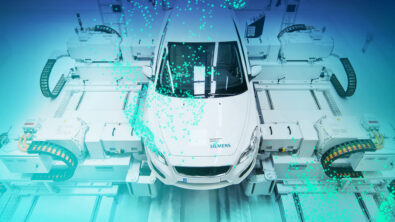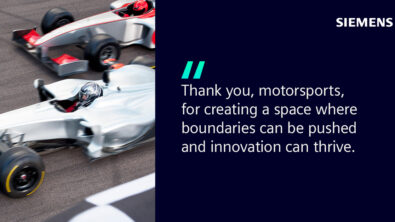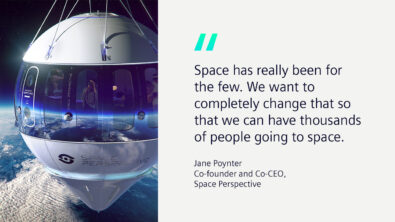Vehicle Electrification: The Importance of Electrical and Electronic Systems
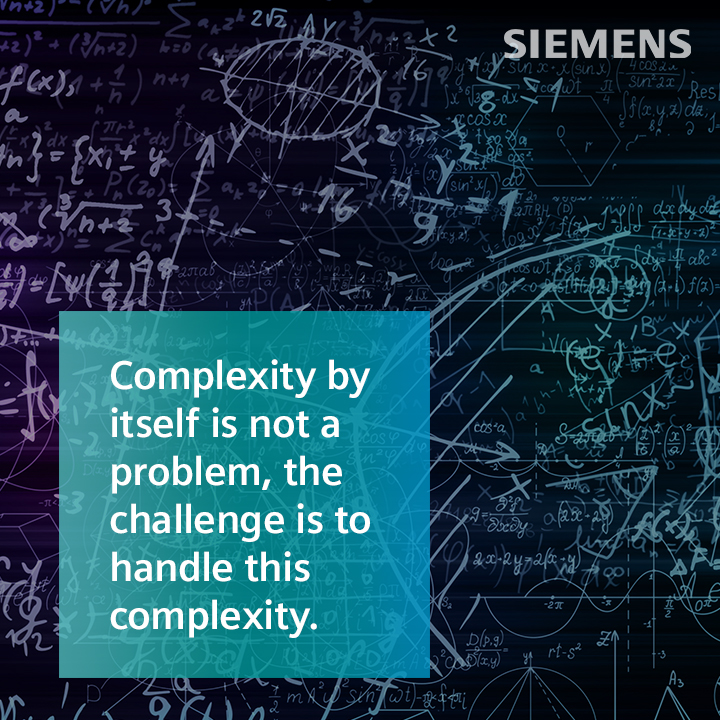
A major theme of our discussions here on the Future Car podcast has been the large-scale disruption taking shape in the automotive and transportation industry, evidenced by the rapid growth of electrified, semi-autonomous, and connected vehicles. We have talked a lot about how these trends are changing the nature of automotive development processes and business models, with collaboration and integration becoming ever more critical to successful vehicle development.
Vehicle electrification is driving a lot of change in the near term as nearly every automotive manufacturer has or will soon have EVs available to the public. Though vehicle electrification may not seem as revolutionary as autonomous vehicle technology, the switch to electric powertrains is already having wide-ranging impacts in the industry. The push for vehicle electrification entails large-scale investment and development in charging infrastructure, with the goal of expanding access to the charging stations that will be required to support these new vehicles. New policy initiatives and emissions regulations will also play a large role in the push for electrification. Of course, there is also significant change occurring within the vehicle. Electrified powertrains come with different challenges, benefits, and form factors than traditional internal combustion engines. As a result, many vehicle systems, from the chassis and handling to the packaging of various electronic components and more, are being tweaked or entirely rethought to maximize the advantages offered by electrification.
In particular, the electrical and electronic (E/E) systems – comprised of the electrical wiring, electronic devices, networks, and software within the vehicle – stand to grow in complexity and importance as the industry transitions towards the future of mobility. The cars of tomorrow will incorporate electric powertrains, software, and electronic devices to offer exciting features and functionality to consumers. The E/E systems act as the foundation of these increasingly digital features and functions, providing power and data connectivity throughout the vehicle. Therefore, the expected rise in software or electronics-enabled vehicle features will directly impact the size and complexity of the E/E systems. As we look towards the future, it appears evident that these systems will assume a critical role in vehicle development.
With that in mind, I sat down with Doug Burcicki, Senior Director of Automotive and Transportation and Heavy Equipment within Siemens Digital Industries Software’s Integrated Electrical Systems (IES) group, and Migo Richter, Market Development Director and also from IES. In this new episode of the Future Car podcast, Doug, Migo, and I discuss the past and present of automotive E/E systems, how complexity alters vehicle development, and how digitalization can empower companies to pursue vehicle electrification and other next-generation vehicle technologies. You can listen to our new episode through the player above!
Some Questions I Ask:
- How are the recent technological trends affecting vehicle electrical systems? (07:53)
- What do you think vehicle electrical architecture will look like in the next five to seven years? (13:27)
- How can we overcome traditional silos in vehicle development? (26:29)
- How can agile development strategy help EV companies cope with accelerated timelines? (37:31)
What You’ll Learn in this Episode:
- The history of electric vehicles companies and the challenges they faced (02:27)
- How increased complexity in electrical and electronic systems in vehicles will be handled (19:50)
- The different types of complexities in vehicle electrification (21:04)
- Why speed-to-market is important for EV companies (33:42)

Doug Burcicki – Global Director Automotive & Transportation – Integrated Electrical Systems
Doug Burcicki is the Automotive Market Director for the IES team at Siemens. Prior to, Doug was Director, Advanced Business Development at Yazaki, a globally focused role in which he was responsible for identification of Product and Technology trends resultant from Market, Regulatory and Economic indicators. He established a global process for prioritization of R&D projects, resources and investment as opposed to disparate regional strategies and built the business case to enable and support new portfolio development. Prior to this Doug was Vice President for the Yazaki General Motors BU responsible for global P&L, sales strategy and overall customer relationship driving significant success at the account. Doug holds a Masters in Automotive Engineering (Mechanical focus) from Lawrence Technological University, MAE and Bachelor of Science in Electrical Engineering from Wayne State University, BSEE.

Migo (Michael) Richter – Market Development Director at Siemens Digital Industries Software
Migo Richter has spent more than 25 years working in the development of software products for wire harness engineering, production preparation, production (KSK, MES), customer service, and data exchange (KBL, VEC) in the automotive industry (OEMs and their Tier1) globally. In 2019, Migo joined Siemens to drive the technical aspects of Cloud/SaaS development for Siemens Integrated Electrical Systems (IES) products. Today, Migo is a part of the global market development team for automotive and transportation at Siemens EDA, focusing on EV and the German Automotive Industry.

Conor Peick – Thought Leadership Writer
Conor works as a writer covering Automotive and Transportation topics for Siemens Digital Industries Software. In this role, he has helped produce a variety of materials including blogs, articles and whitepapers on automotive topics ranging from wire harness design and manufacturing to embedded software development and overall industry trends.
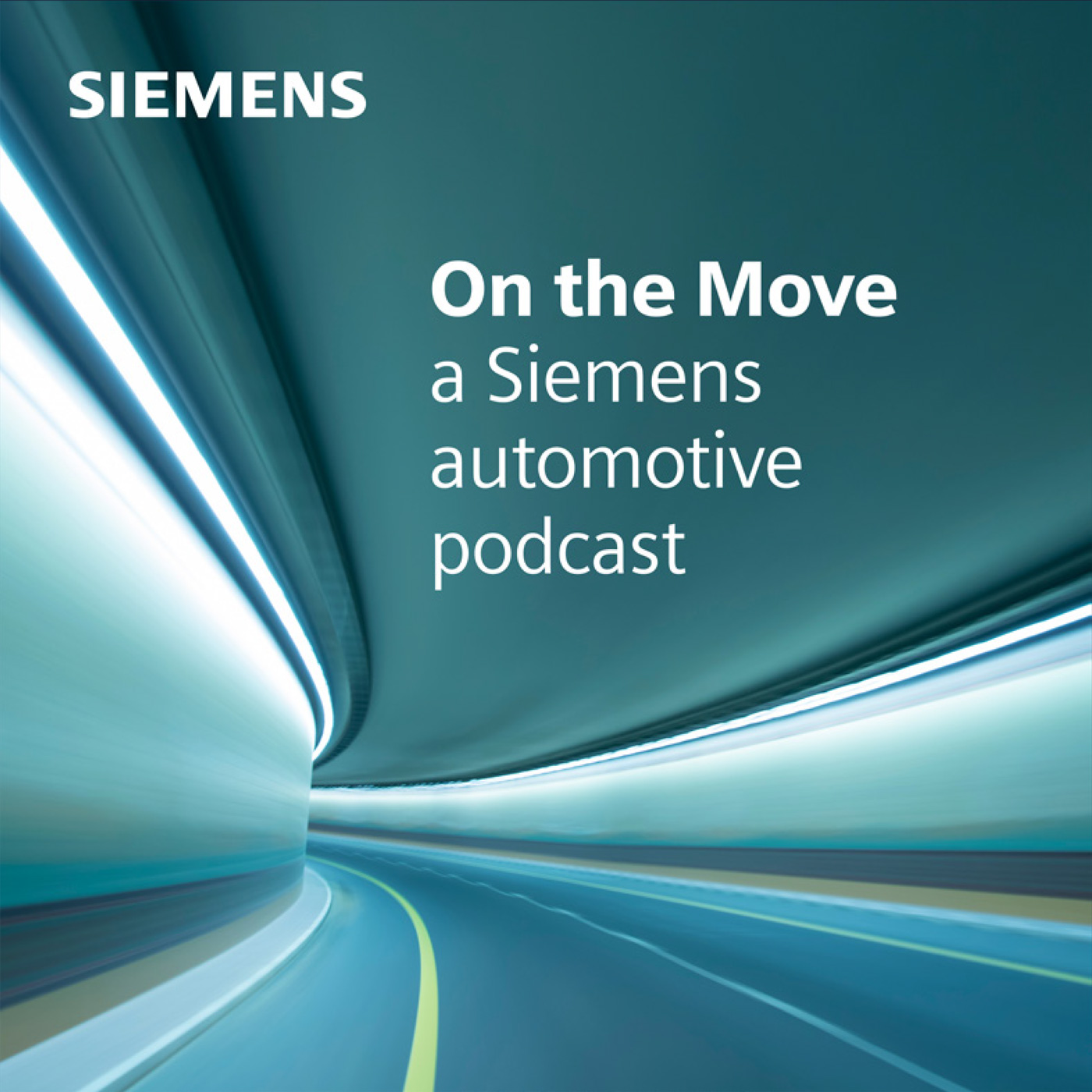
On the Move: A Siemens Automotive Podcast
The automotive and transportation industries are in the middle of a transformation in how vehicles are designed, made, and sold. Driven by an influx of new technologies, consumer demands, environmental pressures, and a changing workforce in factories and offices, automotive companies are pushing to reinvent fundamental aspects of their businesses. This includes developing more advanced and capable vehicles, identifying new revenue sources, improving customer experiences, and changing the ways in which features and functionality are built into vehicles.
Welcome to On the Move, a podcast from Siemens Digital Industries Software that will dive into the acceleration of mobility innovation amid unprecedented change in the automotive and transportation industries. Join hosts Nand Kochhar, VP of Automotive and Transportation, and Conor Peick, Automotive and Transportation Writer, as they dive into the shifting automotive landscape with expert guests from Siemens and around the industry. Tune in to learn about modern automotive design and engineering challenges, how software and electronics have grown in use and importance, and where the industries might be heading in the future.
